- With standard equipment
- With safety pack
Find more information in the General Comments section of the assessment
Find more information in the Rating Validity tab of the assessment
- See More
- See More
- See More
- See More
- Good
- Adequate
- Marginal
- Weak
- Poor
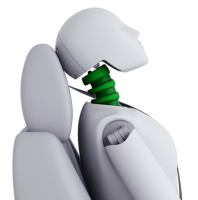 Rear Seat
Rear Seat
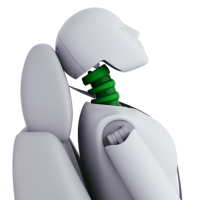 Front Seat
Front Seat
- Good
- Adequate
- Marginal
- Weak
- Poor
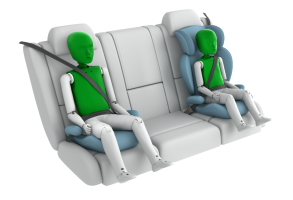
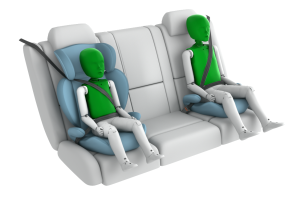
Passenger
outboard
center
Fitted to the vehicle as standard
Not fitted to the test vehicle but available as option
Not Available
-
i-Size CRS
-
ISOFIX CRS
-
Universal Belted CRS
Easy
Difficult
Safety critical
Not allowed
| Seat Position | ||||
|---|---|---|---|---|
| Front | 2nd row | |||
| Passenger | Left | center | Right | |
| Maxi Cosi 2way Pearl & 2wayFix (i-Size) | ||||
| Maxi Cosi 2way Pearl & 2wayFix (i-Size) | ||||
| BeSafe iZi Kid X2 i-Size (i-Size) | ||||
| Britax Römer TriFix2 i-Size (i-Size) | ||||
| BeSafe iZi Flex FIX i-Size (i-Size) | ||||
| BeSafe iZi Combi X4 ISOfix (ISOFIX) | ||||
| Cybex Solution Z i-Fix (ISOFIX) | ||||
| Maxi Cosi Cabriofix (Belt) | ||||
| Maxi Cosi Cabriofix & EasyFix (Belt) | ||||
| Britax Römer King II LS (Belt) | ||||
| Cybex Solution Z i-Fix (Belt) | ||||
Easy
Difficult
Safety critical
Not allowed
In both the frontal offset test and the side barrier impact, dummy readings indicated good protection of all critical body areas for both child dummies and the EQE scored maximum points in this part of the assessment. The front passenger airbag is automatically disabled when a rearward-facing child restraint is put in that seating position. Tests showed that the system worked robustly and the system was rewarded. All of the restraint types for which the EQE is designed could be properly installed and accommodated.
- Good
- Adequate
- Marginal
- Weak
- Poor
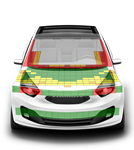
Head Impact 18.4 Pts
Pelvis Impact 4.1 Pts
Leg Impact 6.0 Pts
| System Name | Active Brake Assist | ||
| Type | Auto-Brake with Forward Collision Warning | ||
| Operational From | 7 km/h | ||
| PERFORMANCE | | |||
-
Cyclist from nearside, obstructed view
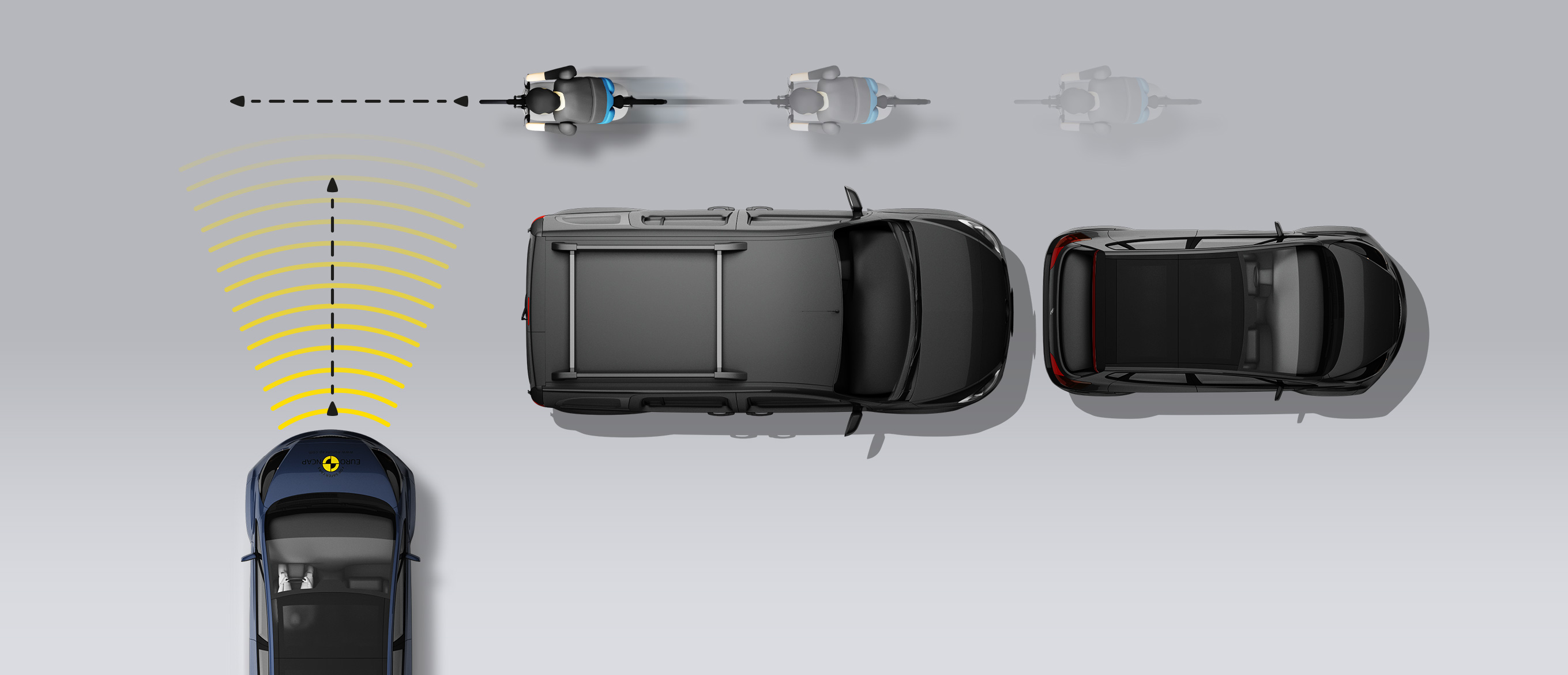
-
Approaching a crossing cyclist
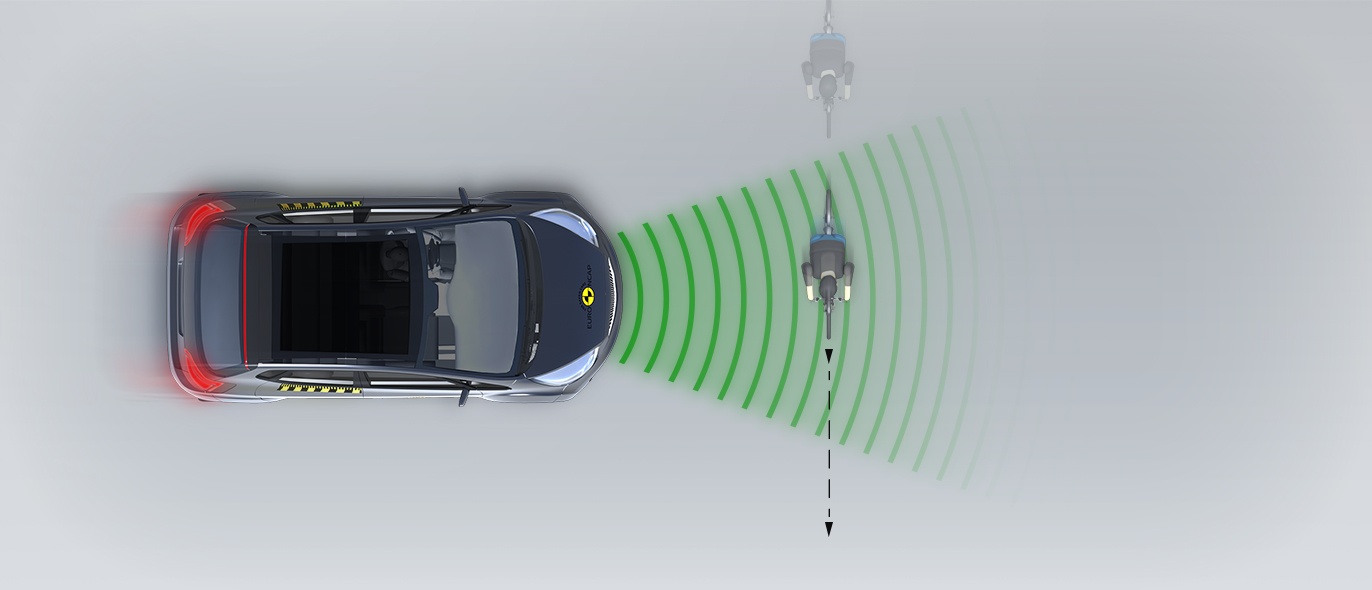
-
Cyclist along the roadside
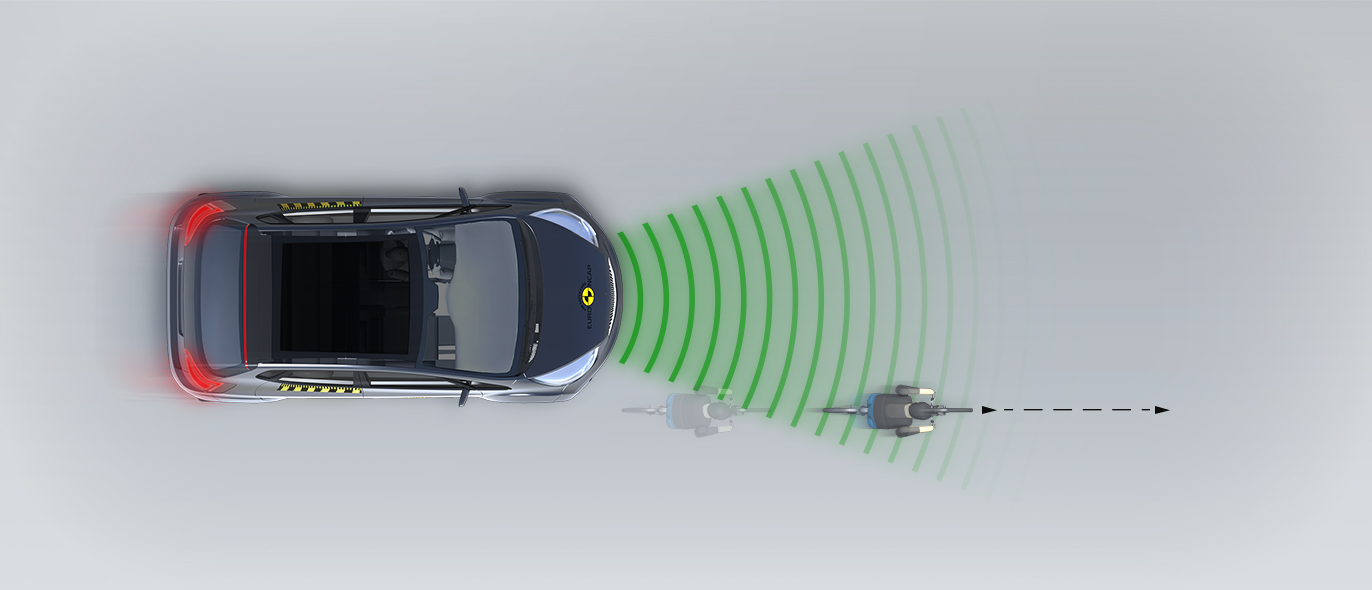
The EQE has an ‘active’ bonnet. Sensors in the bumper detect when a pedestrian has been struck and actuators lift the surface of the bonnet to provide greater clearance to the stiff structures in the engine compartment. Mercedes-Benz showed that the system was capable of detecting various pedestrian statures over a range of speeds and, accordingly, the car was tested in the raised, ‘deployed’ position. Head protection on the bonnet surface was almost entirely good or adequate, with poor results recorded at the base of the windscreen and on the stiff windscreen pillars. The bumper offered good protection to pedestrians’ legs but protection of the pelvis region was mixed. The autonomous emergency braking (AEB) system of the EQE can respond to vulnerable road users, as well as to other vehicles. The system performed well in tests of its response to pedestrians and cyclists, with collisions avoided in most scenarios.
- Good
- Adequate
- Marginal
- Weak
- Poor
| System Name | Speed Limit Assist |
| Speed Limit Information Function | Camera & Map, subsigns supported |
| Speed Control Function | System advised (accurate to 5km/h) |
| Applies To | Front and rear seats | ||
| Warning | Driver Seat | Front Passenger(s) | Rear Passenger(s) |
| Visual | |||
| Audible | |||
| Occupant Detection | |||
|
|||
| System Name | Attention Assist |
| Type | Steering Input |
| Operational From | 60 km/h |
| System Name | Active Lane Keeping Assist |
| Type | LKA and ELK |
| Operational From | 60 km/h |
| Performance | |
| Emergency Lane Keeping | |
| Lane Keep Assist | |
| Human Machine Interface | |
| System Name | Active Brake Assist | |||
| Type | Autonomous emergency braking and forward collision warning | |||
| Operational From | 7 km/h | |||
| Sensor Used | camera and radar | |||
The EQE’s autonomous emergency braking (AEB) system performed well in tests of its reaction to other vehicles. A seatbelt reminder system is fitted as standard to the front and rear seats and the car has a system to detect driver fatigue. The lane support system gently corrects the vehicle’s path if it is drifting out of lane, and also intervenes in some more critical situations. The speed assistance system detects the local speed limit and the driver can choose to allow the maximum speed of the car to be automatically set by the system.
- Specifications
- Safety Equipment
- Videos
- Advanced Rewards
- Rating Validity
Specifications
Tested Model EQE 350+ from Mercedes-EQ, AMG Line, LHD
Body Type - 4 door saloon
Year Of Publication 2022
Kerb Weight 2355kg
VIN From Which Rating Applies - all EQE's
Class Executive Car
Safety Equipment
Note: Other equipment may be available on the vehicle but was not considered in the test year.
Fitted to the vehicle as standard
Fitted to the vehicle as part of the safety pack
Not fitted to the test vehicle but available as option or as part of the safety pack
Not available
Not applicable
Videos
Advanced Rewards
Rating Validity
Variants of Model Range
| Body Type | Engine | Model Name/Code | Drivetrain | Rating Applies | |
|---|---|---|---|---|---|
| LHD | RHD | ||||
| 4 door saloon | Electric | EQE 350+* | 4 x 2 |  |
 |
| 4 door saloon | Electric | EQE 300 | 4 x 2 |  |
 |
| 4 door saloon | Electric | EQE 500 | 4 x 2 |  |
 |
| 4 door saloon | Electric | EQE 350 4MATIC | 4 x 4 |  |
 |
| 4 door saloon | Electric | EQE 500 4MATIC | 4 x 4 |  |
 |
* Tested variant

Find more information in the General Comments section of the assessment
 Share
Share
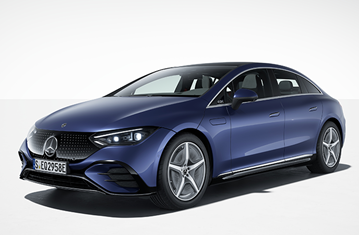

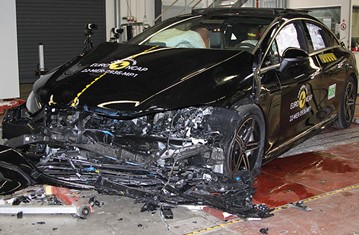
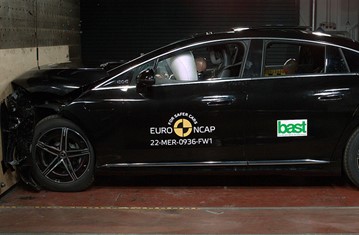
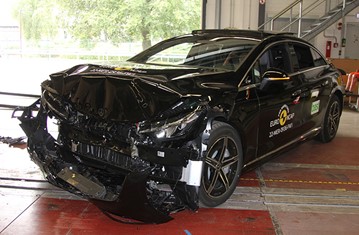
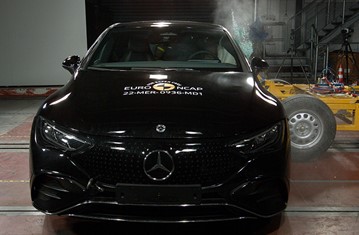
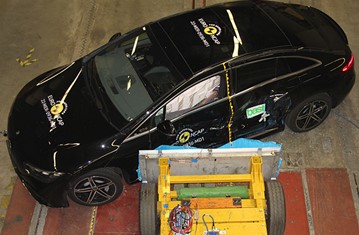
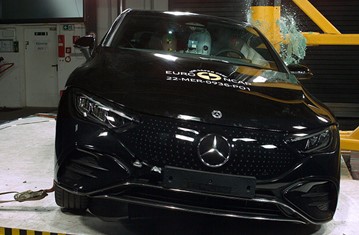
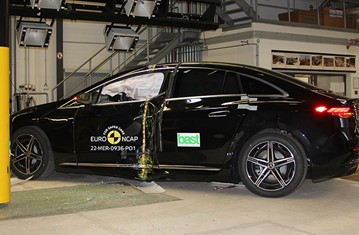
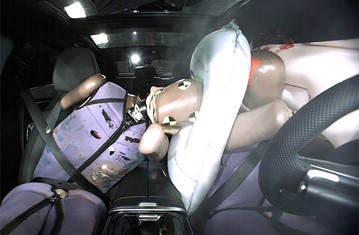
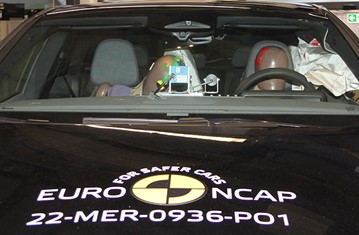


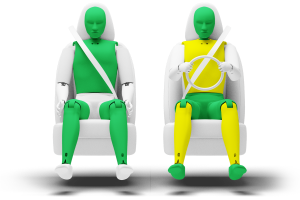
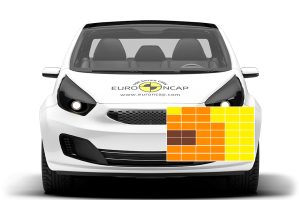
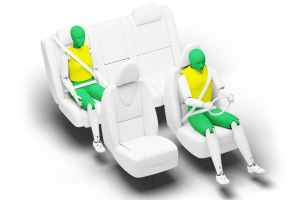
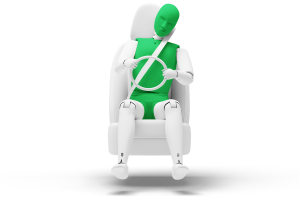
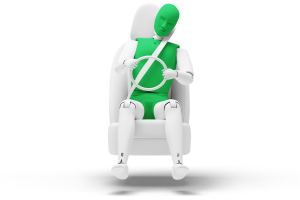
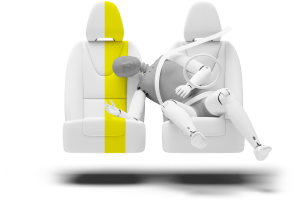
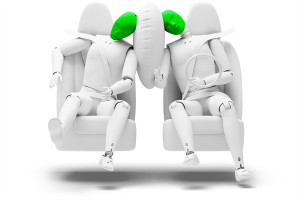
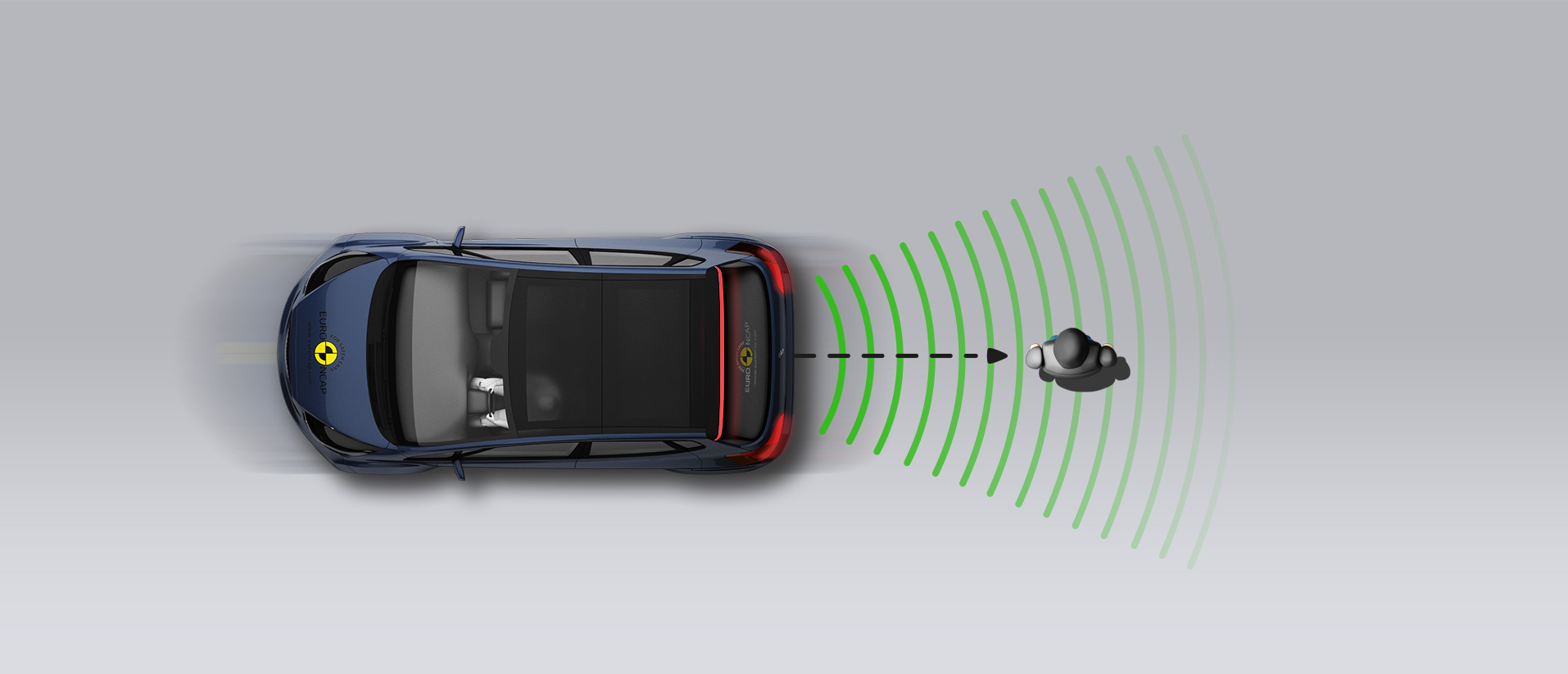
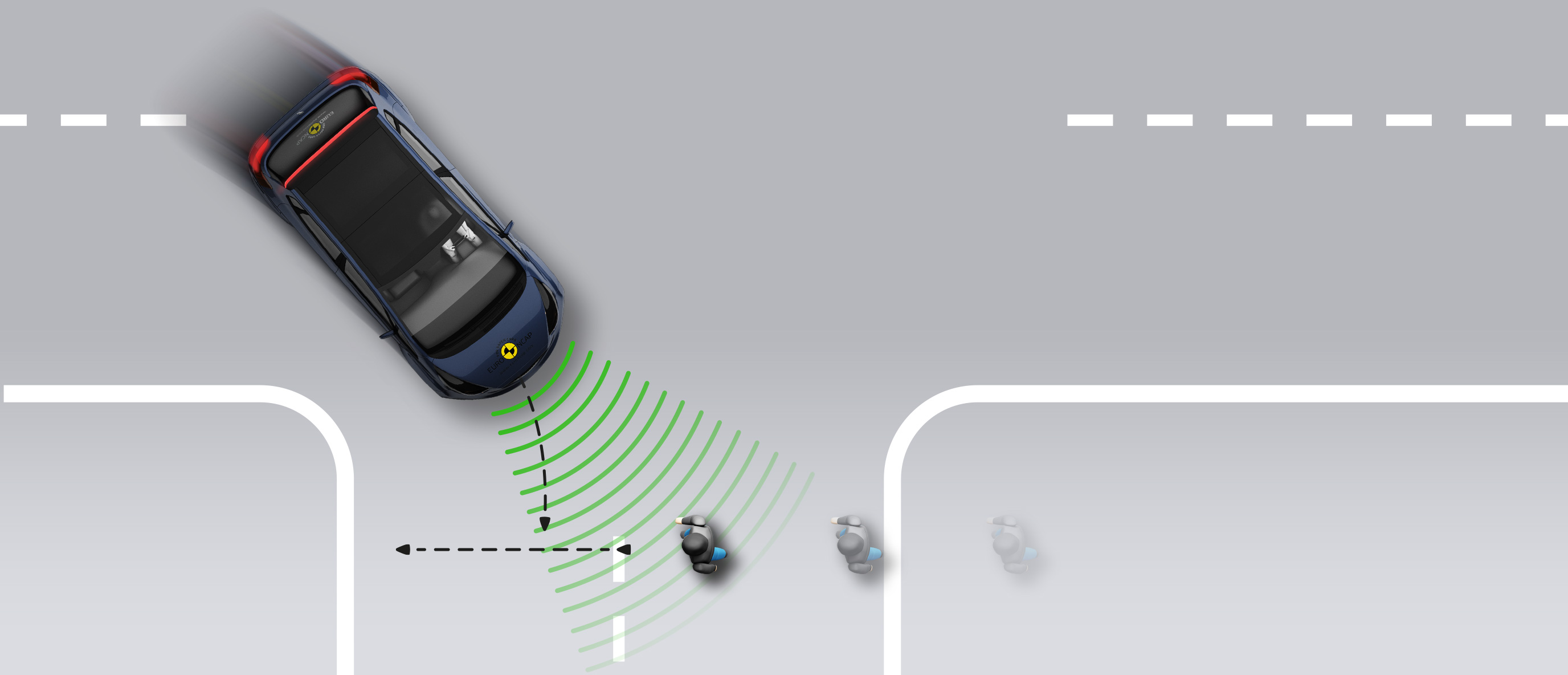
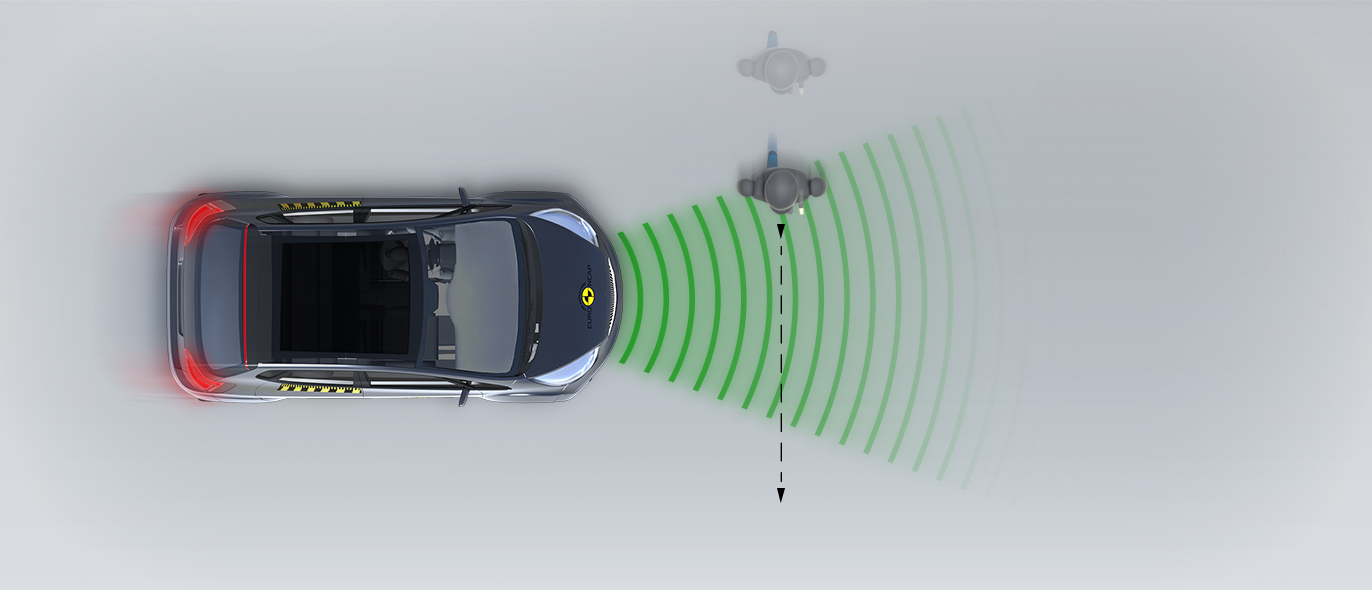
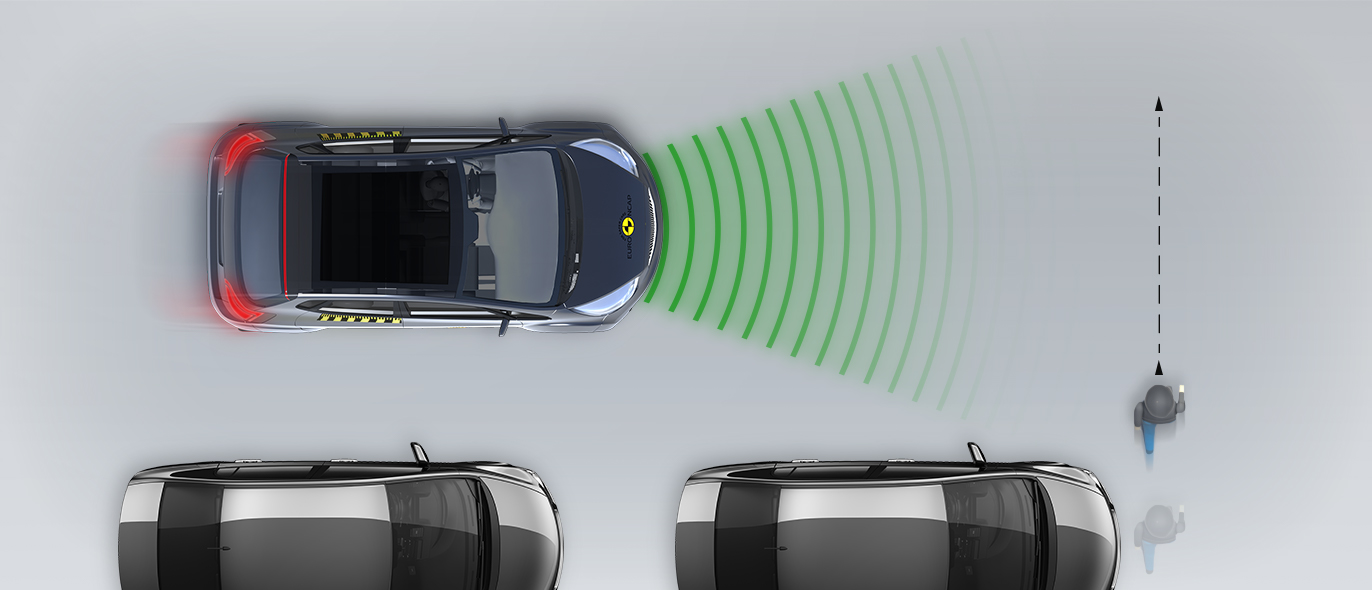
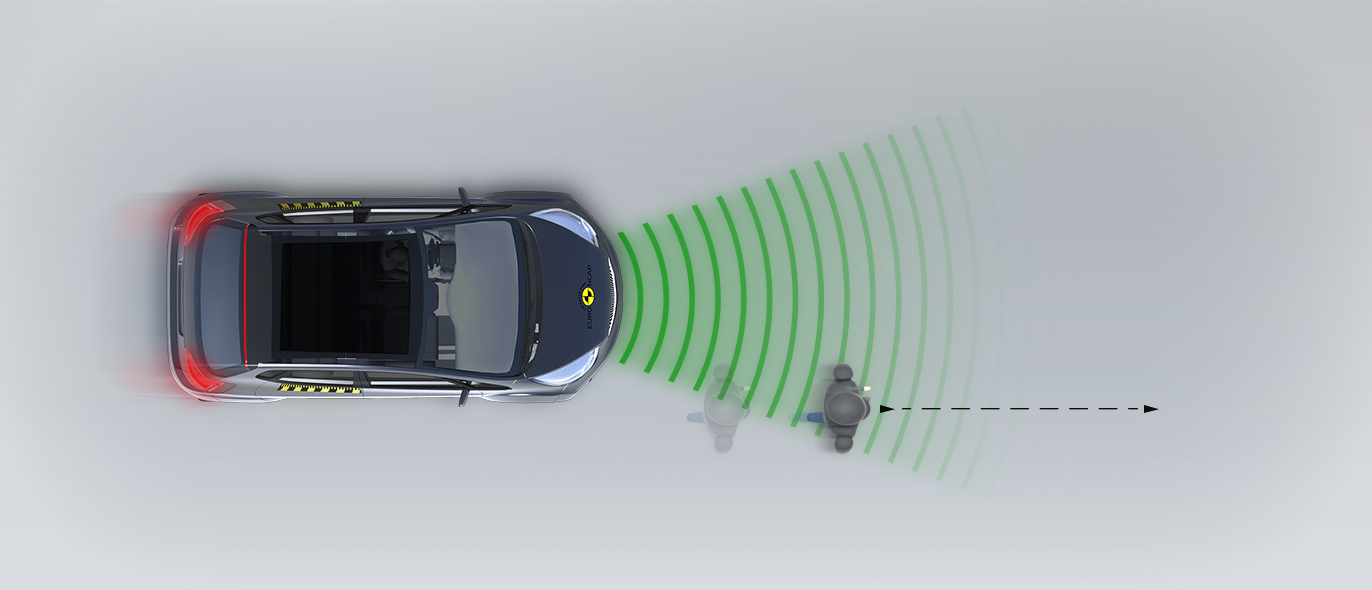


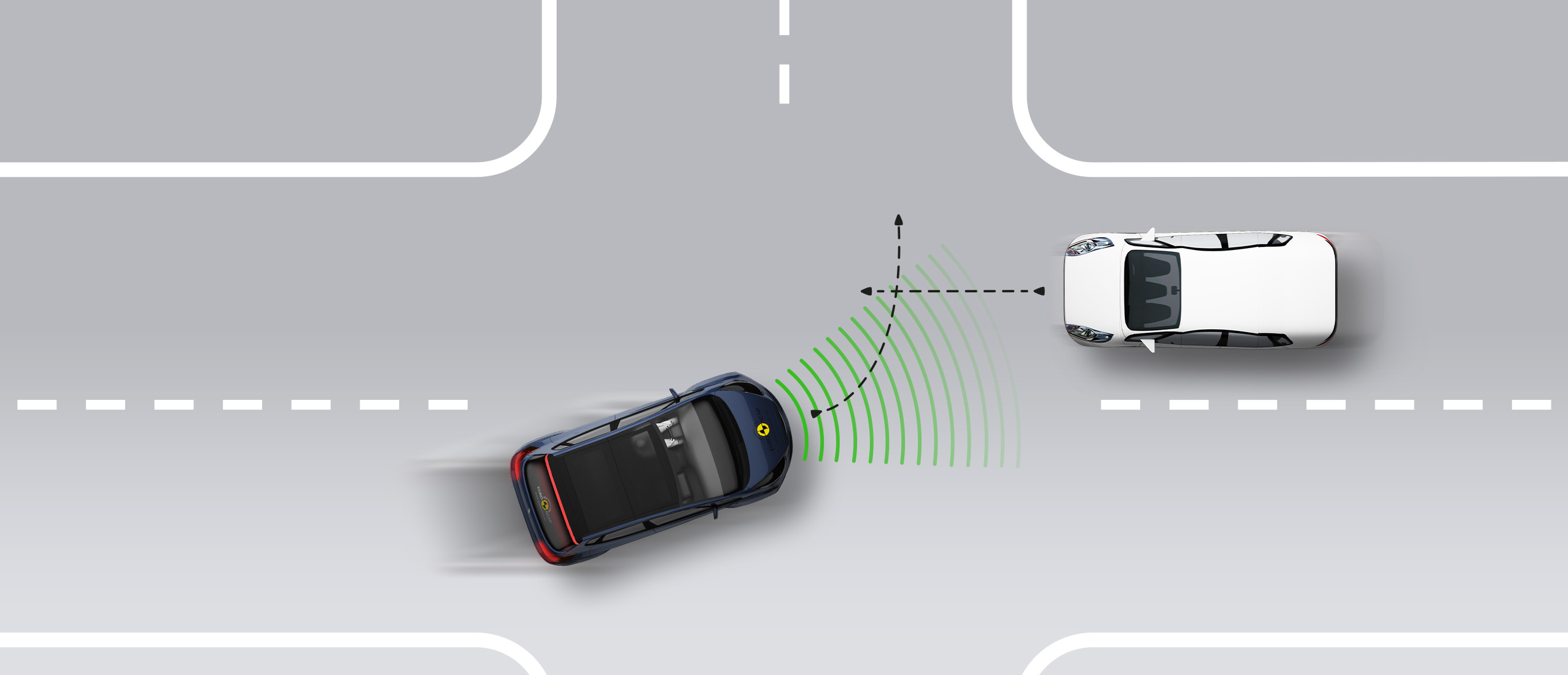
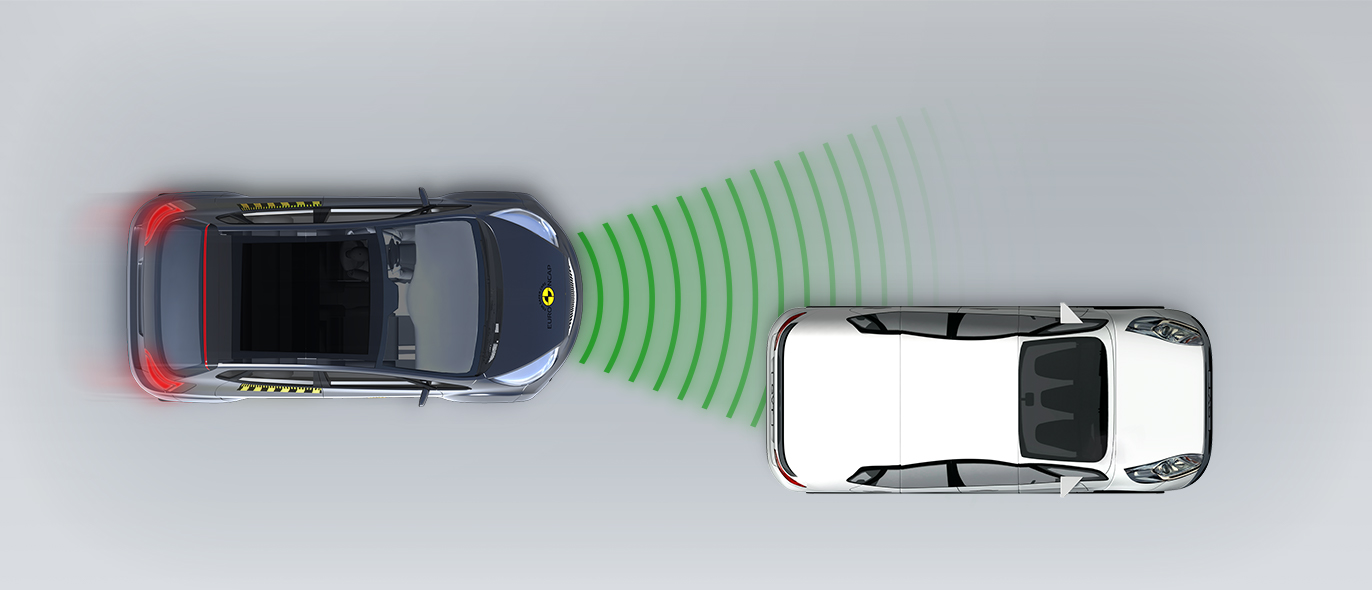
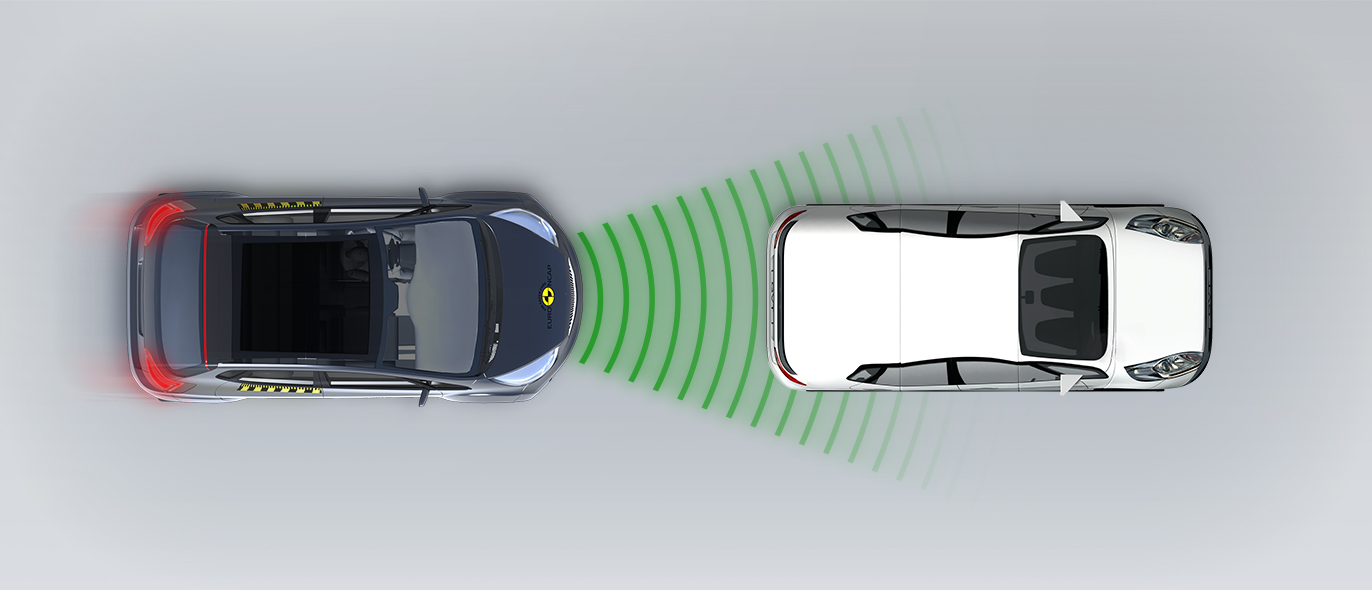
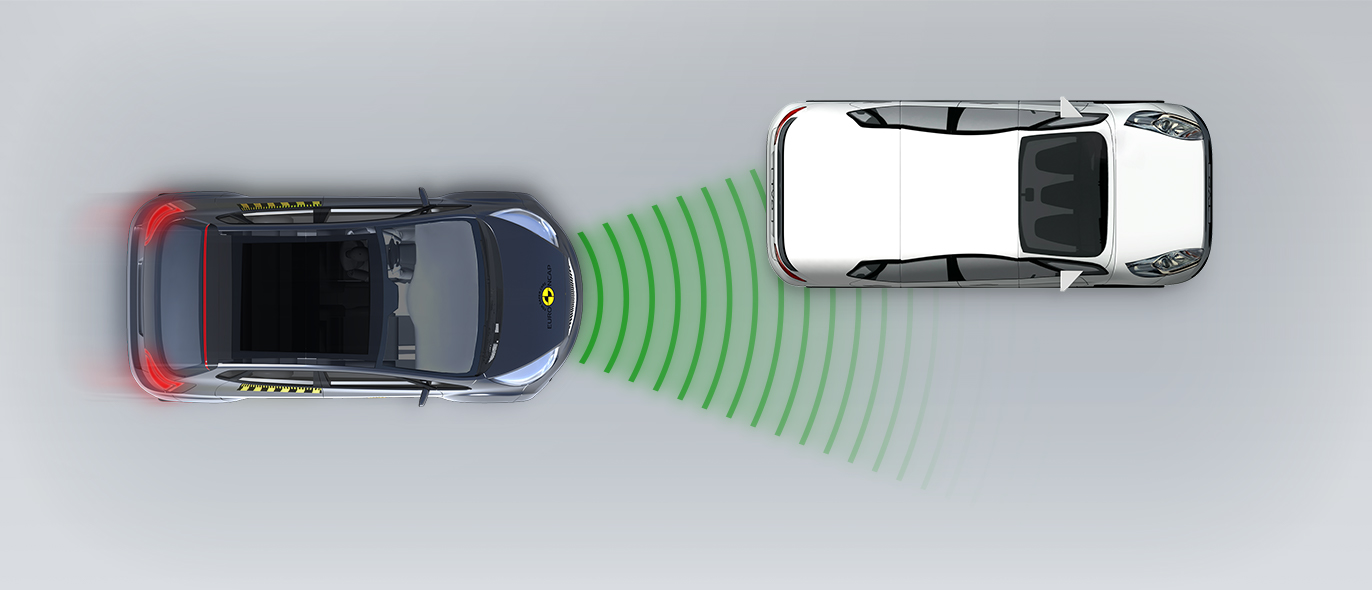
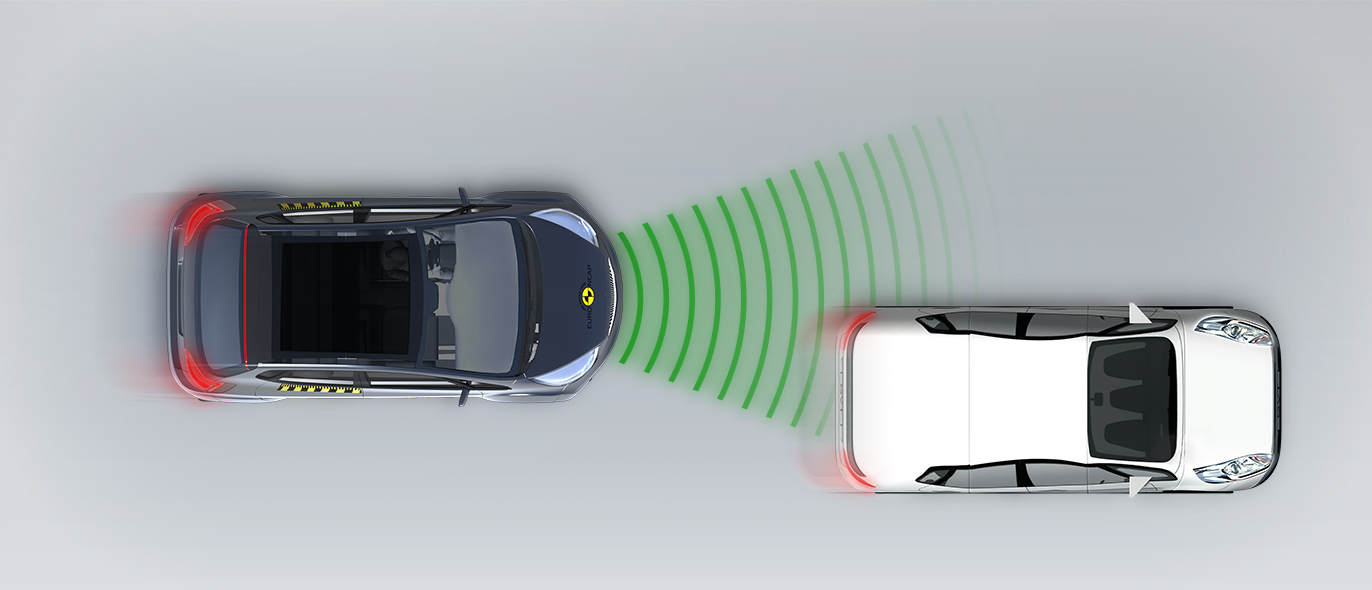
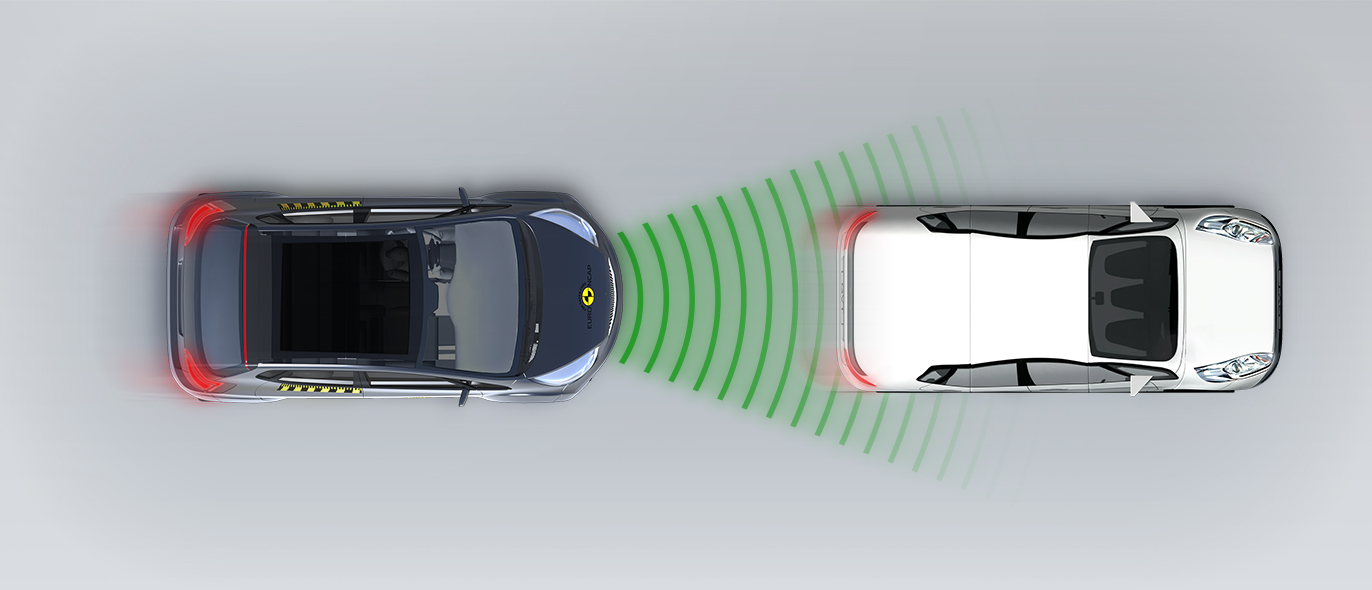
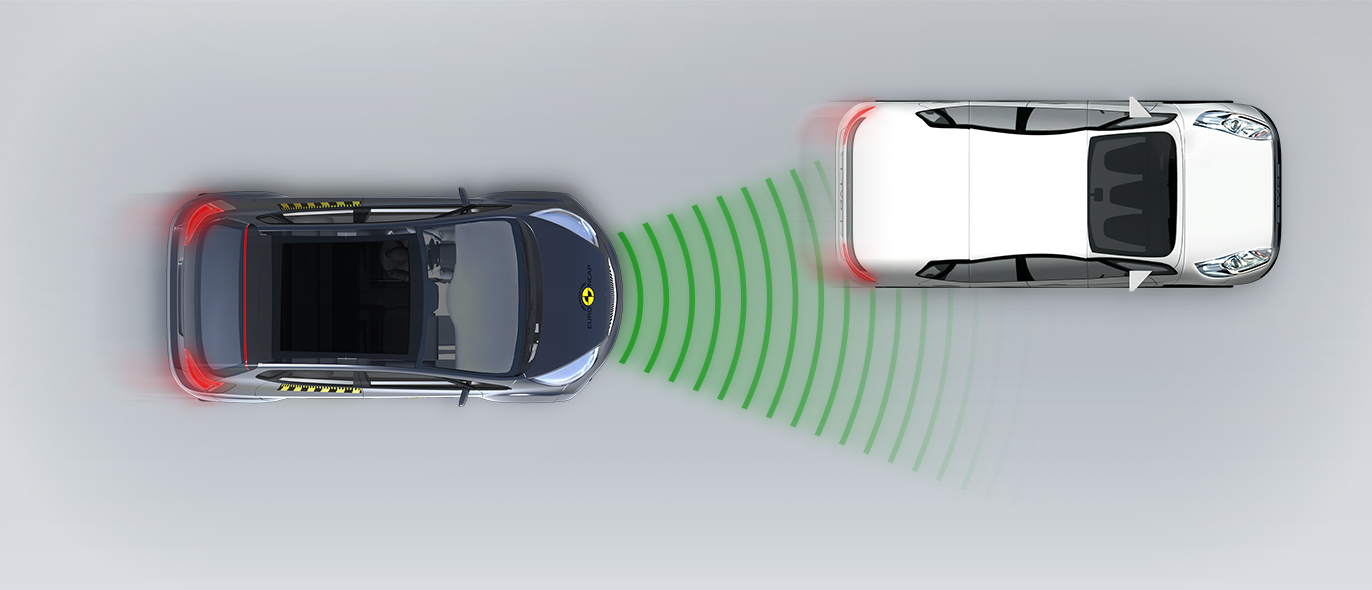


The passenger compartment of the EQE remained stable in the frontal offset test. Dummy numbers demonstrated good protection of the knees and femurs of both the driver and passenger. Mercedes-Benz showed that a similar level of protection would be provided to occupants of different sizes and to those sitting in different positions. Analysis of the deceleration of the impact trolley during the test, and analysis of the deformable barrier after the test, revealed that the EQE would be a moderately benign impact partner in a frontal collision. In the full-width rigid barrier test, protection of all critical body areas was good or adequate for both the driver and the rear passenger. In both the side barrier test and the more severed side pole impact, protection of all critical body areas was good and the car scored maximum points in this part of the assessment. Control of excursion (the extent to which a body is thrown to the other side of the vehicle when it is hit from the far side) was found to be adequate. The EQE has a counter-measure to mitigate against occupant to occupant injuries in such impacts. The system performed well in Euro NCAP’s test, with good protection of occupants’ heads. Tests on the front seats and head restraints demonstrated good protection against whiplash injuries in the event of a rear-end collision. A geometric analysis of the rear seats also indicated good whiplash protection. The EQE has an advanced eCall system which alerts the emergency services in the event of a crash. The car also has a system which applies the brakes after an impact to avoid secondary collisions.